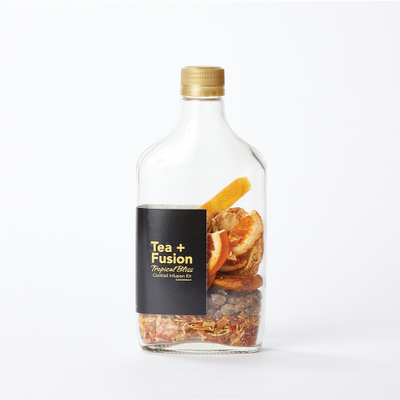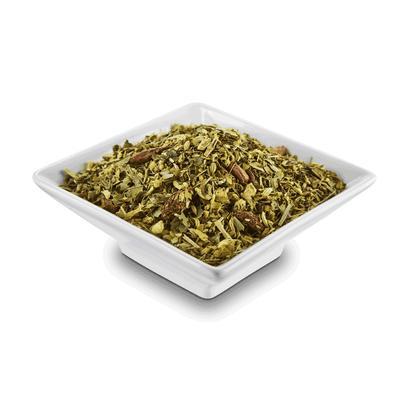
Honeys and Sugars
ABOUT OUR HONEY
Our beekeeper is a family-owned small business Honey Farm founded by second generation Beekeepers. Today, the Honey Farm is a migratory beekeeping company that has over 800 hundred beehives. Our beekeepers have very strict yet very basic policies in the methods of which honey leaves their beehives and is put into containers for you. They simply remove honey from their beehives while still in its beeswax comb, remove the honey from the beeswax comb through centripetal force, and strain it (not micro-filtered) as it is poured into our bottling tanks. All our honey is bottled and labeled by hand.
Did You Know?
Local honey helps you get used to various types of pollen. It works like a vaccine by exposing the body to small amounts of pollen that deters the onset of an allergic reaction.
You can alleviate some allergies by
- Buying local honey
- Buy honey produced within a 30-mile radius of home
- Take a teaspoon a day
- Start taking at least a month before allergy season or throughout the year
- Round out your honey program with 2 - 3 cups of green tea and at least 500 mg of vitamin C daily
The vast majority of honey sold in grocery stores is a blend of honey derived from various flower sources (could be local or international), it is also typically pasteurized to prevent crystallization. Why does it matter where your honey comes from? A Food Safety News investigation found that at least a third of all the honey consumed in the United States was likely smuggled from China and could be tainted with illegal antibiotics and heavy metals.
Interesting Honey Facts
In some parts of Greece, new brides dipped their fingers in honey and took them to mouth before entering their new home to ensure a sweet marriage!








